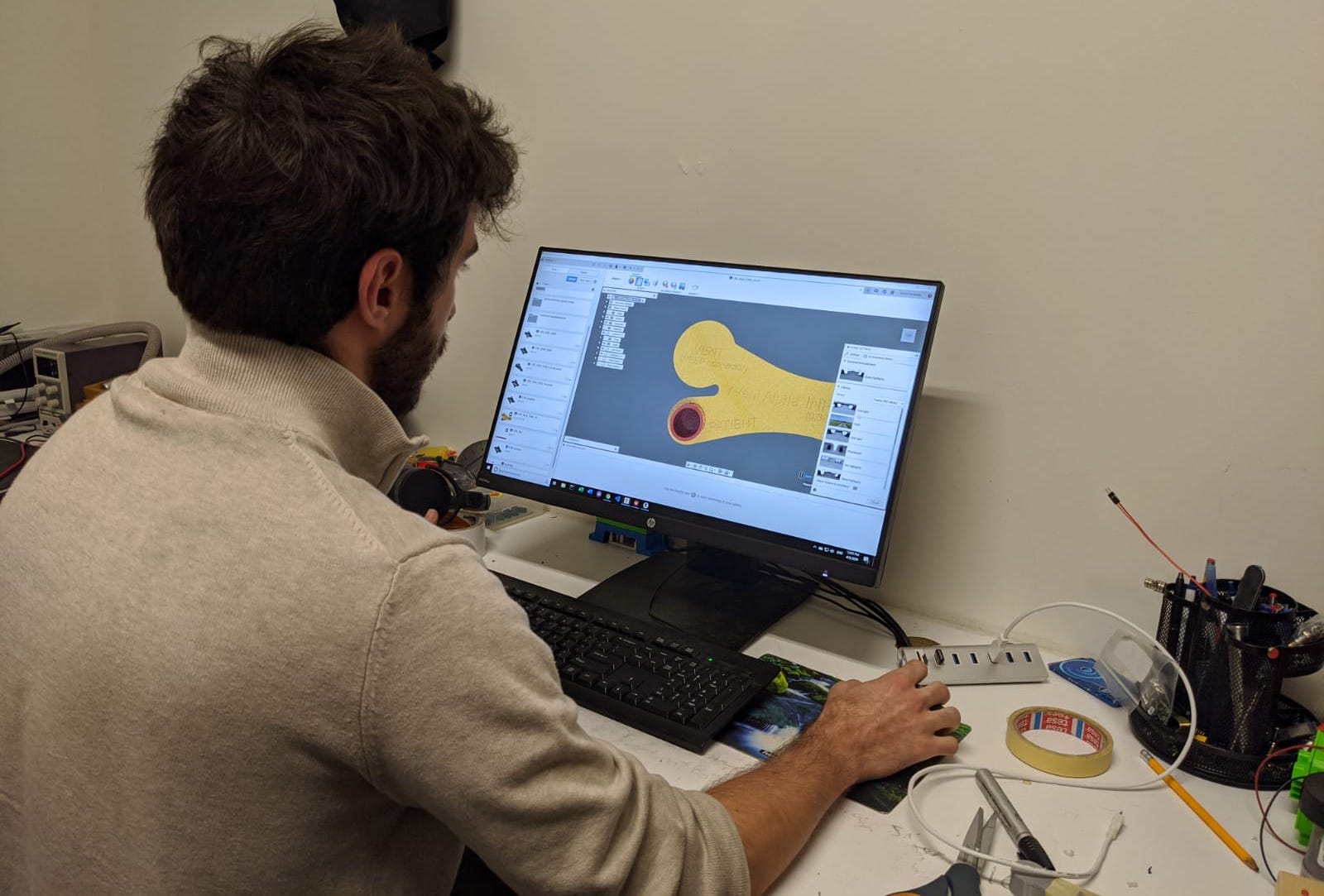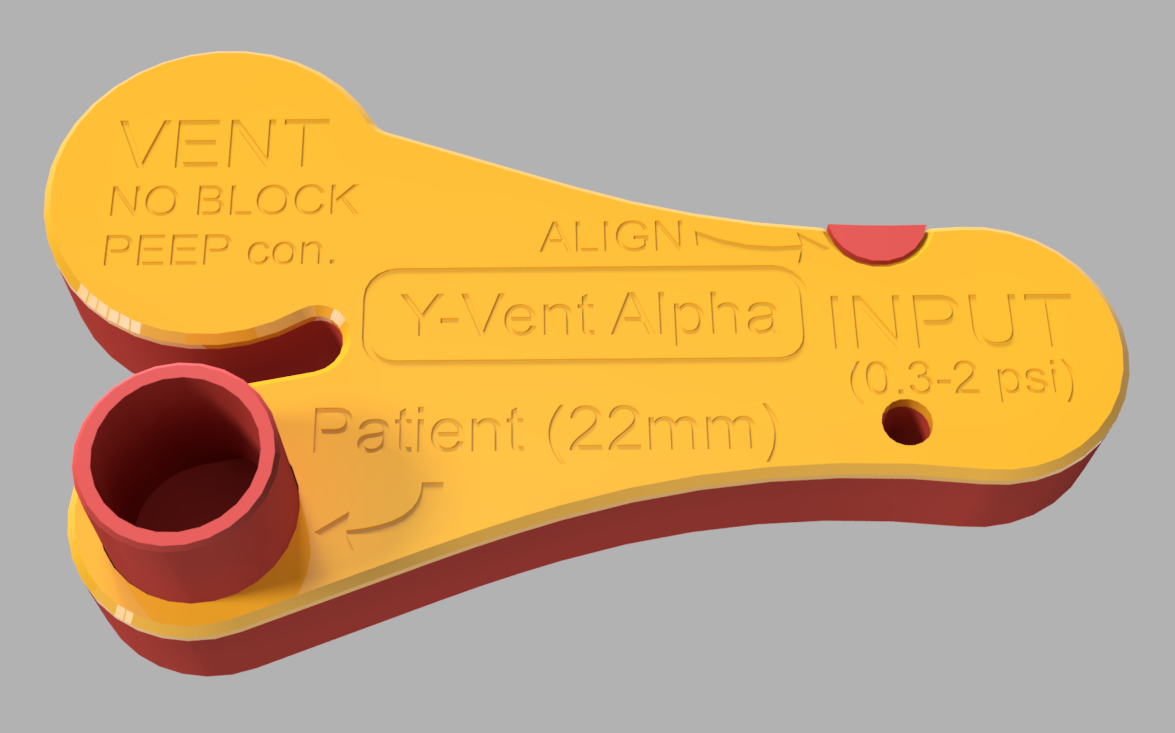
Quarantine looks a bit different for a professor in the School of Biomedical Engineering, Science and Health Systems, who is making headlines for using his expertise to give back to the community amid the coronavirus pandemic.
Dr. Marek Swoboda, engineer and assistant teaching professor, has been working to develop and produce back-up ventilators for hospitals in the event that the demand for the breathing machines continues to grow. The effort comes after a request was made in March by the University of Pennsylvania Health System.
“Two weeks, 500 units, completely impossible,” Swoboda told WHYY, a Philadelphia-based NPR station.
Initially, Swoboda was not optimistic that his start-up, RightAir, would be able to produce the 500 ventilators in the two-week time frame Penn’s health system requested. But the team got to work quickly anyway.
“It was a great design sprint. In five days, we were able to test the first prototype,” he said.
Swoboda says each unit costs only $10 to create. The process first involves 3D-printing the design, which has been publicly released to anyone who wants to create them and then assembling it with a glue gun. He says it can be done in less than ten minutes.

The small, 3D-printed ventilators are called the “Y-vent,” named after its distinctive “Y” shape. It can be connected to pressure lines, which are standard in hospitals, to help patients breathe.
“You connect this ventilator, and it creates positive pressure to create inhale and exhale actions for patients,” Swoboda said.
In addition to their quick creation, one of the biggest selling points for the Y-vent is the simplicity of the design. He said it was inspired by the ventilators the Army and other rescue teams used 50 years ago.
“These are very simple, rugged devices because there are no moving parts inside,” Swoboda said.
Even though this project was started under pressure as a “sprint to the finish line,” Swoboda is proud of his work. He hopes his ventilators won’t become necessary in hospitals, but they can be useful resources for other medical professionals, like emergency medical service teams.
Swoboda noted that his Y-vent ventilator device is not approved by the Food and Drug Administration. He does have plans to make a few small changes to his design and apply for approval in the near future.
More information about Swoboda’s project and the Y-vent ventilator can be found at 3Dprintedventilator.com.
